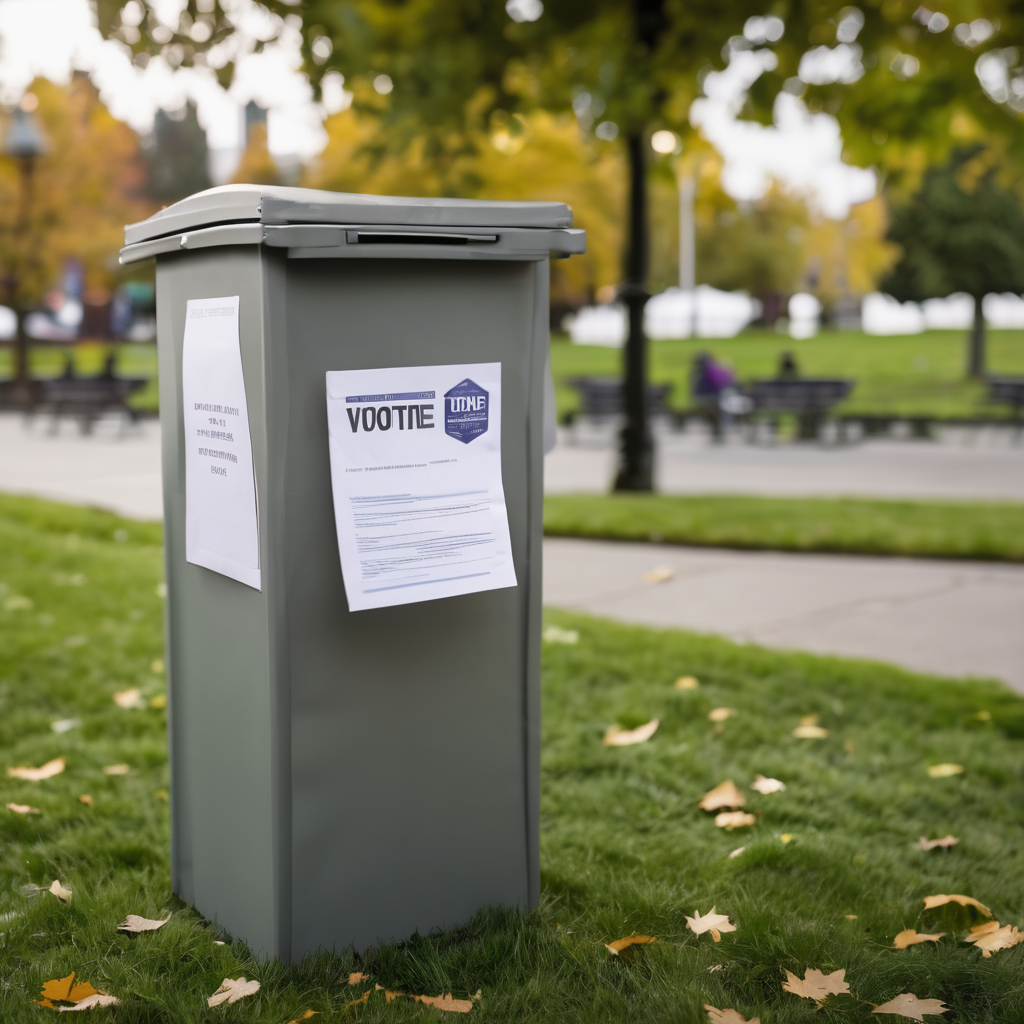Katie Wilson, a progressive activist, appears poised to secure her victory in the Seattle mayoral race, presenting a tight recount scenario reminiscent of New York City’s political landscape. According to the most recent results from King County Elections, Wilson leads incumbent Mayor Bruce Harrell by a slim margin of just over 1,300 votes, a noteworthy shift from the more than 10,000 votes Harrell led by shortly after the election.
Although Harrell has yet to concede, political strategists suggest that the remaining ballots are unlikely to close the gap. “Katie Wilson won 61.23% of the 6,121 ballots counted today. That’s a significant percentage, and her total seems unlikely to require a recount,” remarked Crystal Fincher, a Seattle political consultant, indicating confidence in Wilson’s impending victory.
Wilson’s campaign has notably centered around issues of affordability in Seattle, influenced by her own experiences with the city’s skyrocketing living costs. She has advocated for a capital gains tax, a stronger emphasis on renter protections, and enhancements to public transit infrastructure—positions that sharply contrast with Harrell’s views.
Fincher highlighted the relevance of Wilson’s message amidst the ongoing housing crisis in Seattle. “There’s a disconnect between what younger people are going through in day-to-day life today,” she noted, suggesting a rift within the Democratic Party that reflects broader generational challenges.
Furthermore, Wilson has made addressing homelessness a priority, proposing to expedite the creation of shelter space and criticizing Harrell’s approach to clearing encampments. While she has previously called for cuts to police funding, her campaign has instead emphasized the need for a balanced strategy including non-police responses to urban issues.
Harrell, who is endorsed by the Washington state Democratic establishment and advocated himself as a stable candidate amidst the changing political landscape, faced setbacks after underperforming significantly in the primaries. His ties to the tech industry have drawn criticism, especially in light of evolving voter expectations following the events of 2020-2021. “That picture of the tech executives at the inauguration is something that kind of crystallized in voters’ minds,” commented Dean Nielsen, a strategist who previously supported Harrell.
As the votes continue to be tallied, Wilson’s potential victory has also caught the attention of Washington state Republicans, who view her candidacy as a chance to galvanize their base. GOP Chair Jim Walsh voiced apprehensions about the implications of a Wilson win, claiming it could herald a challenging era for Seattle while offering opportunities for the Republican Party in the state.
This unexpected upturn in the election dynamics in Seattle underscores a broader trend in American politics where progressive values are gaining traction, posing complex challenges for established political frameworks. As the results continue to unfold, many are closely watching how this pivotal moment will reshape the city’s future.
